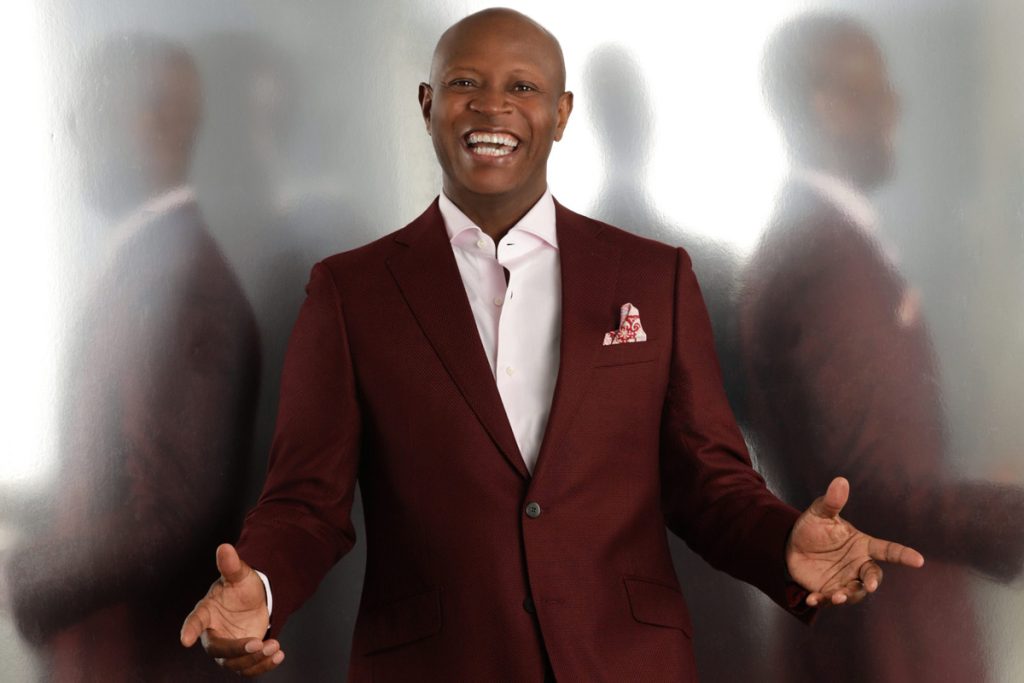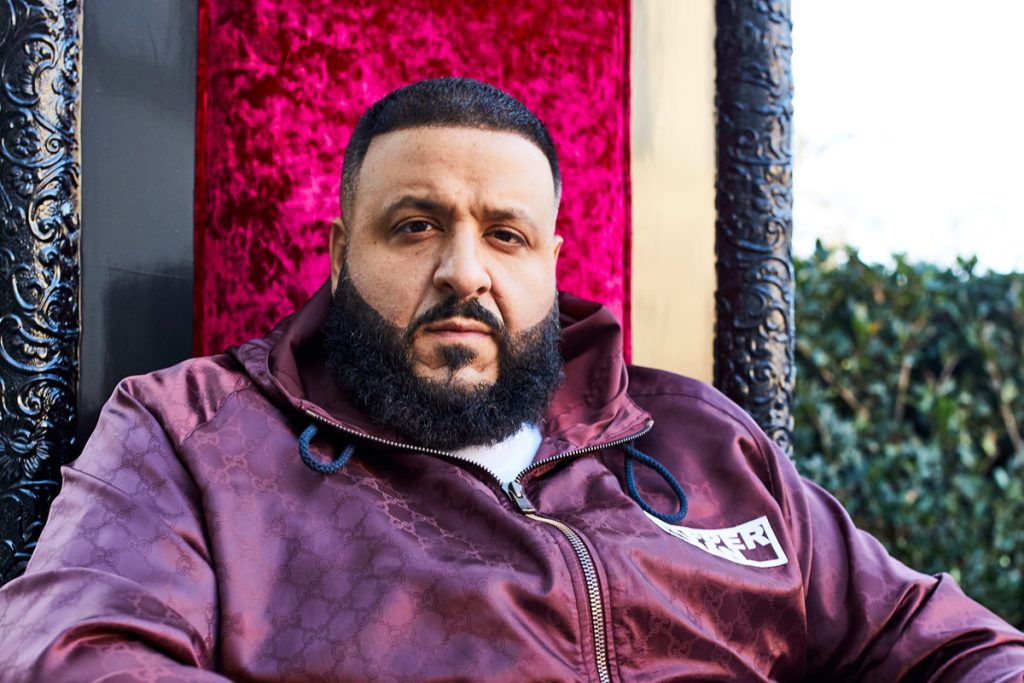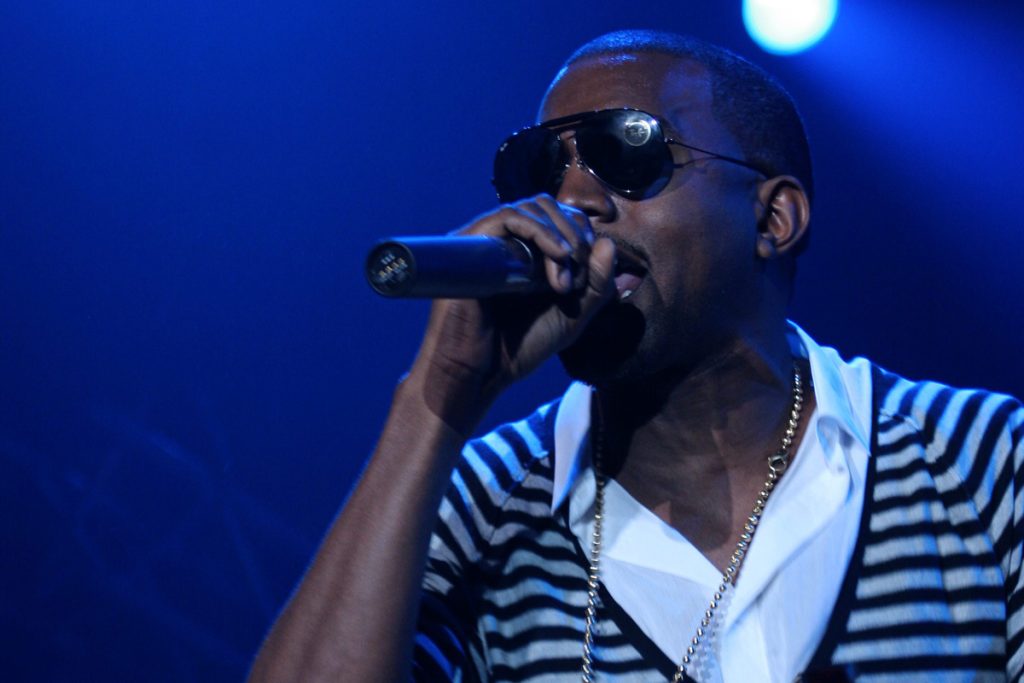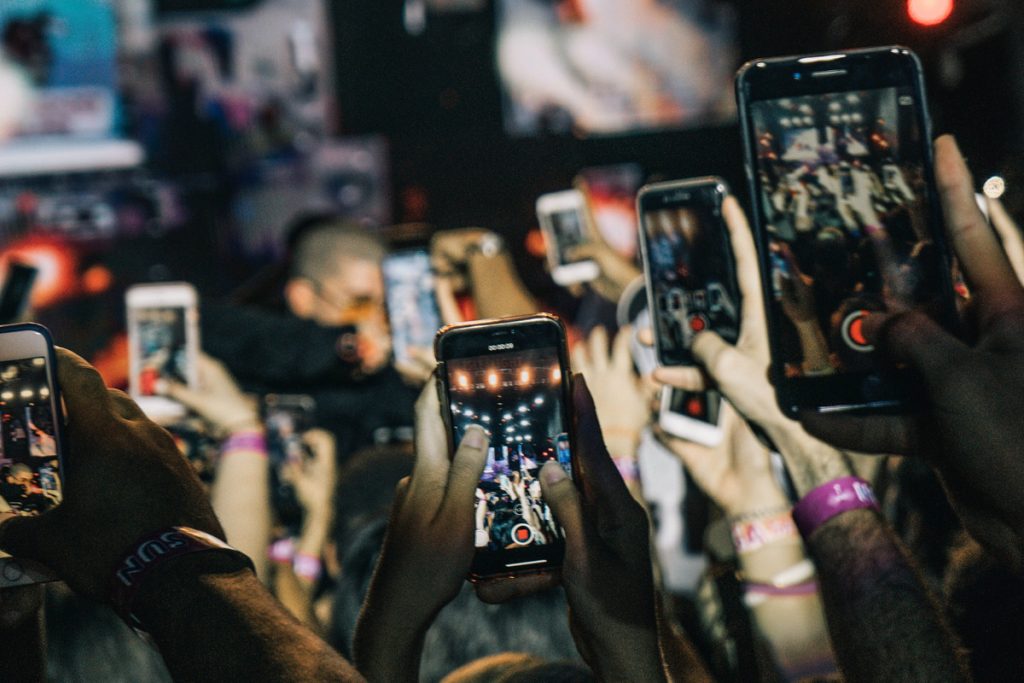
For all its perceived glamour, the music business is a notoriously tough industry. Many enter with big dreams, hoping to discover the next superstar, but most aren’t able to.
Benny Pough isn’t most.
Having held senior executive roles at legendary labels such as Motown, Def Jam, Epic Records and Roc Nation over a glittering 30-year career, Pough recently decided to go his own way, launching DVERSE Media – a full-service global music distribution and publishing company, integrated with over 100 digital streaming platforms (DSPs), including Apple and Spotify.
You’ve had a long, storied career in the music business that goes back over three decades. What were your proudest moments?
I am most proud of two defining moments in my career. I started in this business as an intern at the iconic Motown Records and worked my way through many labels, including Def Jam and Epic Records. There I got to be a part of some of the careers of the largest artists in the world like Future, DJ Khaled, Kanye West, and Travis Scott, until I ascended to president of Roc Nation Music.
Those experiences prepared me to become the music entrepreneur I am today with my label, DVERSE Media. Now, I have the ability to develop and create the next generation of great new artists and executives.
I’m also really proud of the new generation of corporate executives I’ve hired and mentored. Knowing my focus on identifying talent has and will live long beyond my years in the industry makes me step back and say, ‘I’m not done’.
How have you seen the industry evolve over the past 30 years? How did this evolution lead you to eventually launch an indie label, DVERSE Media?
When I first started in this business, CDs and vinyls were the main consumer products. Now it’s all about streaming. Also, radio was the dominating factor in how music was exposed to the public in every format and in every country. Major labels were once the only means for new artists to become popular. Since then, streaming has exploded and independent labels have risen, allowing artists to take their careers into their own hands to control their own destinies.

After being a part of some of the biggest artists’ careers, I realised the benefit of identifying talent and the success that comes with introducing that talent.
I decided it was time for me to put all my years of skill and know-how into play and develop a company to allow indie artists to have an opportunity and a vehicle to be a part of a system to maximise their gifts. It was the natural progression for me to take what I’ve learned and step out on my own to create my own music entity.
What are your thoughts on the Middle Eastern/Gulf music scene? Where do you feel it has developed well, and where is it lagging behind where you believe it should?
After visiting the UAE, I have a true understanding of how music has connected the globe. The music there is vibrant, rich and reflective of the cultural nuances of the region. I was amazed at how being in the Middle East felt no different than being in the epicentre of the US.
When I hear artists like Soolking or Wegz, I can feel the same musical energy as I would in a major metropolitan city in the US, the UK, or Nigeria. Year after year, the music scene has developed as technology has allowed artists to become more global. The music is now trending beyond the borders of the Middle East.
There is always the opportunity for artists to go deeper in their global reach and connect with non-Middle Eastern consumers and have a larger presence on different continents.

How did surviving a horrific car crash inspire you to become an author? Did the same drive push you to get involved in various social causes?
If you don’t learn from near-death situations in life, then you’re a fool. The beautiful thing about surviving a horrific situation is you realise the value of being alive, and how every day matters, every moment, and along with your purpose, the reason you’re here to make a difference.
I’ve always been involved in caring for other people, but the need to help was amplified after my accident. Prison Fellowship and Studio Samuel are both causes that have spoken to me. They speak to second chances, and maximising opportunities and both hold tremendous value for me now.
You’re also the co-founder of social media monetisation platform Kandiid. What drove you to launch a tech start-up?
It was the next step. In my professional arsenal, it was the one industry I hadn’t tackled. Social media and digital marketing are the present and the future. It was a natural evolution for me to enter into the space since there’s a lot of overlap between music and tech.

Finally, what do you hope to teach young people through your private mentorship programme? Will people in this region be a part of it?
The purpose of my book, ON IMPACT, is to give those who have not had the opportunity to understand the lessons of life a snapshot of my journey from working at 11-years-old delivering newspapers to the ups and downs of the music business, creating an extensive real estate portfolio and more.
It wasn’t easy, but any dream, anything important to you, is worth fighting for. I’ve been able to give individual guidance to hundreds of executives along the way, and my book will allow me to touch more people, touch more lives, globally.







